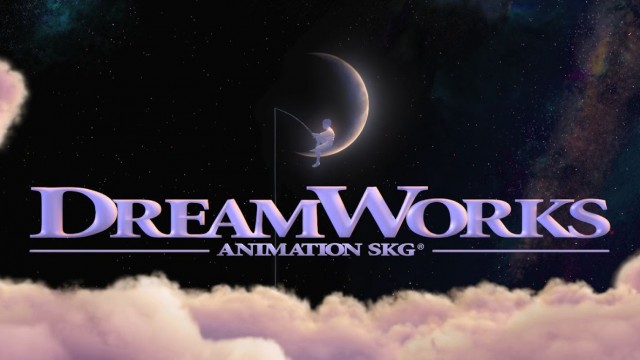As a studio, DreamWorks and its animation counterpart, DreamWorks Animation, has always fascinated me, its journey of ups and downs never being predictable, but always managing to be riveting (go check out The Men Who Would Be King for an in-depth look at the history of DreamWorks, it’s an excellent read!). Now, DreamWorks Animation is on the cusp of releasing a pivotal movie for the company, one that could signal whether their future investment in Chinese cinema (the release in question is was partly animated in China) is a bold paradigm shifting strategy or a misguided endeavor.
Who knew one portly panda could be responsible for so much?
Yep, the film in question is Kung Fu Panda 3, the sequel to two movies that are waaaaaaaaaaaaaaaaaaaaaaaaaaaaaaaaaaaaaaaaaaaaaaaaaaaaaaaaaaaaaaaaaaaaaaaaaaaaaaaaaay better than they have any right to be. In fact, over two films, the Kung Fu Panda saga has dealt with loss, destiny and familial identity in a surprisingly nuanced fashion, with scripts not afraid to delve into darker material (the second films hinges its entire plot on the idea of panda genocide), and there’s also plenty of sublime voice work (Jack Black is perfect as Po) and beautiful animation to accompany these plotlines. Despite Kung Fu Panda 2 managing to make 24% less than its predecessor domestically, it made more than enough cash overseas to warrant a third adventure, though few could have predicted that that follow-up would be this crucial to the overall strategy DreamWorks Animation is concocting to steer things in a more profitable direction.
Quick recap; staring with the November 2012 title Rise Of The Guardians, a number of movies (specifically, Turbo, Mr. Peabody & Sherman and Penguins Of Madagascar) have lost large sums of cash for DreamWorks Animation thanks to poor word-of-mouth and larger than necessary budgets. In the time since the release of those movies, numerous employees have been let go, new higher-up management has been implemented (Bonnie Arnold and Mirella Soria are now co-presidents of the feature animation part of the company) and a number of then forthcoming films have been cancelled. These features ranged from original projects like B.O.O. (which was just five months away from release when it was plucked from the release schedule, never to be seen or heard from again) to sequels like Madagascar 4 and Puss In Boots 2.
After all of that was put into place, the studio finally scored a minor hit with last years Home, and the obvious hope is that Kung Fu Panda 3 will be the kind of massive box office hit the studio has been deprived of over the past few years. This is an especially crucial release given that Kung Fu Panda 3 was made in part at Oriental DreamWorks, the Chinese animation studio created by DreamWorks Animation and located in Shanghai, China. They did 1/3 of the animation in Kung Fu Panda 3 and the obvious hope is that future films can be made here, giving DreamWorks Animation a major foothole in China, an area that’s becoming one of the most crucial box office markets in the world.
Beyond forays into China, what other movies are on the horizon for DreamWorks Animation? Well, this November, the studio is looking to make Trolls, based on those little Trolls dolls. This one looks to combine elements of two of the biggest animated films in recent memory; it’s got the musical component that Frozen made so popular once again, while it’s also got a horde of small, cute interchangeable creatures at the center of its story, which I’m sure are nothing at all like the easily marketable Minions. After that, sequels (The Croods 2 and another How To Train Your Dragon entry) are mixed with original fare like Boss Baby and the Australian musical Larrkins.
Perhaps the most exciting features in development at the studio are two individual films being helmed by Jason Reitman and Edgar Wright. Yep, the director of Scott Pilgrim vs. The World is directing a film at the studio responsible for Turbo and Home. These two coming in to handle movies was announced in the wake of Arnold and Soria being put in charge of the feature film division, leading me to think that one new mandate from the new management is to try to lure outside talent to come in and restore some creative luster to the studio. Who knows if their films will even get made in the end (I’m sure Kevin Lima thought his Bollywood monkey film was a cinch to get made until it got the rug pulled out from under it), but whatever happens, I’m sure it won’t be a boring turn of events. As someone who has and will continue to follow the events of this studio closely, DreamWorks Animation has become many things, but predictable ain’t one of em.

